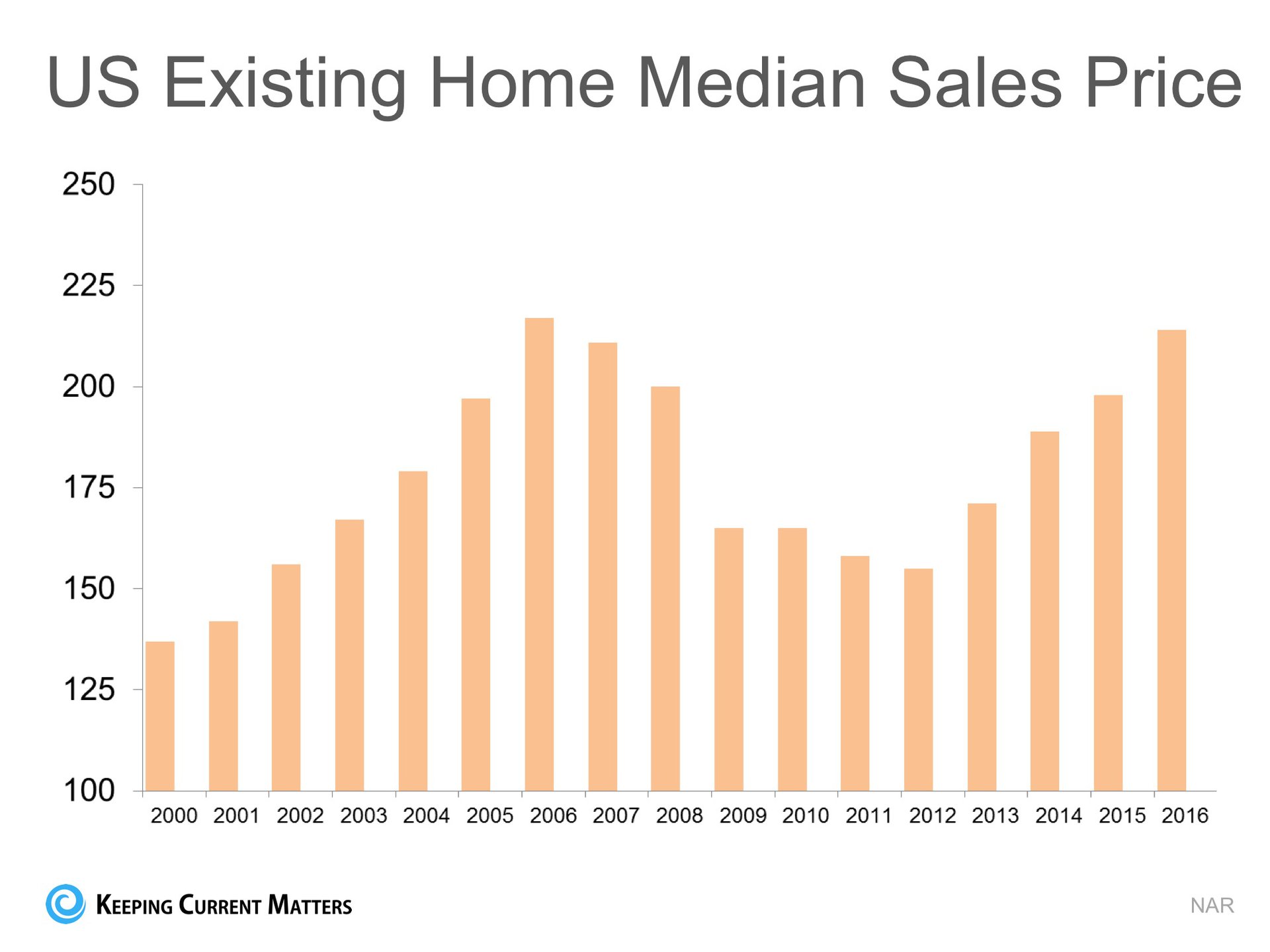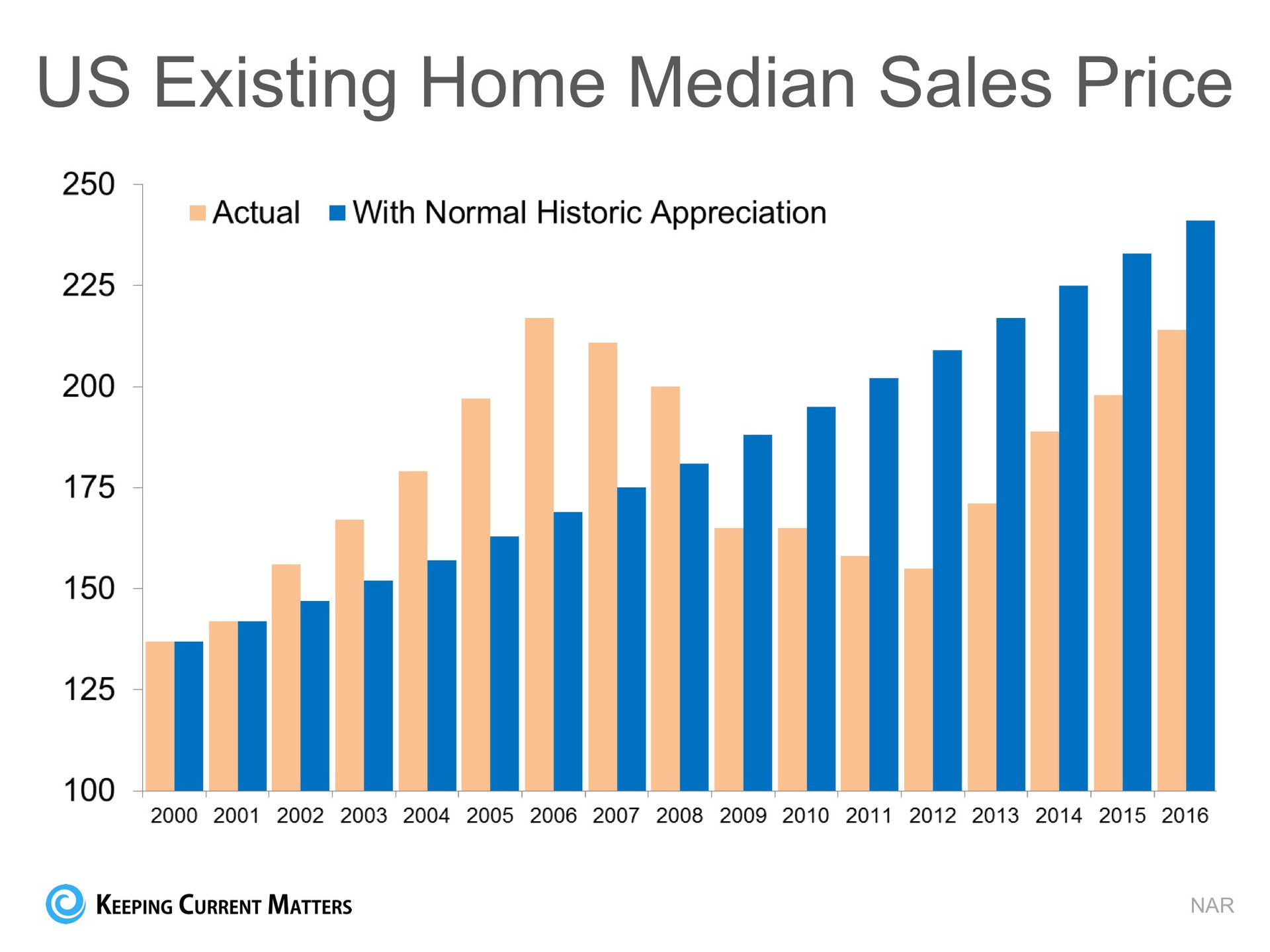Translate
Wednesday, August 31, 2016
Tuesday, August 30, 2016
WHY IS THERE SO MUCH PAPERWORK TO SIGN TO GET A MORTGAGE?
 We are often asked why there is so much paperwork mandated by the bank for a mortgage loan application when buying a home today. It seems that the bank needs to know everything about us and requires three separate sources to validate each and every entry on the application form. Many buyers are being told by friends and family that the process was a hundred times easier when they bought their home ten to twenty years ago. There are two very good reasons that the loan process is much more onerous on today's buyer than perhaps any time in history. 1. The government has set new guidelines that now demand that the bank prove beyond any doubt that you are indeed capable of affording the mortgage.
During
the run-up in the housing market, many people 'qualified' for mortgages that
they could never pay back. This led to millions of families losing their
home. The government wants to make sure this can't happen again.
2. The banks don't want to be in the real estate business.
Over
the last seven years, banks were forced to take on the responsibility of
liquidating millions of foreclosures and also negotiating another million
plus short sales. Just like the government, they don't want more
foreclosures. For that reason, they need to double (maybe even triple) check
everything on the application.
However, there is some good news in the situation.
The
housing crash that mandated that banks be extremely strict on paperwork
requirements also allows you to get a mortgage interest rate as low as 3.43%,
the latest reported rate from Freddie
Mac. The friends and family who bought homes ten or twenty ago
experienced a simpler mortgage application process but also paid a higher
interest rate (the average 30 year fixed rate mortgage was 8.12% in the
1990's and 6.29% in the 2000's). If you went to the bank and offered to pay
7% instead of less than 4%, they would probably bend over backwards to make
the process much easier.
Bottom Line
Instead
of concentrating on the additional paperwork required, let's be thankful that
we are able to buy a home at historically low rates.
|
Monday, August 29, 2016
Don't Get Caught in the Rental Trap!

There are many benefits to home ownership. One of the top ones is being able to protect yourself from
rising rents and lock in your housing cost for the life of your mortgage.
Don't Become Trapped
Jonathan
Smoke, Chief Economist at realtor.com, reported
on what he calls a "Rental Affordability Crisis." He warns
that,
"Low
rental vacancies and a lack of new rental construction are pushing up rents,
and we expect that they'll outpace home price appreciation in the year
ahead."
In
the Joint Center for Housing Studies at Harvard University's 2015 Report
on Rental Housing, they reported that 49% of rental households are
cost-burdened, meaning they spend more than 30% of their income on housing.
These households struggle to save for a rainy day and pay other bills, such
as food and healthcare.
It's Cheaper to Buy Than Rent
In
Smoke's article, he went on to say,
"Housing
is central to the health and well-being of our country and our local
communities. In addition, this (rental affordability) crisis threatens the
future value of owned housing, as the burdensome level of rents will trap
more aspiring owners into a vicious financial cycle in which they cannot save
and build a solid credit record to eventually buy a home." "While more than
85% of markets have burdensome rents today, it's perplexing that in more than
75% of the counties across the country, it is actually cheaper to buy than
rent a home. So why aren't those unhappy renters choosing to buy?"
Know Your Options
Perhaps
you have already saved enough to buy your first home. HousingWire reported
that analysts at Nomura believe:
"It's
not that Millennials and other potential homebuyers aren't qualified in terms
of their credit scores or in how much they have saved for their down payment. It's that they
think they're not qualified or they think
that they don't have a big enough down payment." (emphasis added)
Many
first-time homebuyers who believe that they need a large down payment may be holding
themselves back from their dream home. As we have reported before,
in many areas of the country, a first-time home buyer can save for a 3% down
payment in less than two years. You may have already saved enough!
Bottom Line
Don't
get caught in the trap so many renters are currently in. If you are ready and
willing to buy a home, find out if you are able. Have a professional help you
determine if you are eligible to get a mortgage.
|
Subscribe to:
Comments (Atom)


